Water Damage Prevention: Practical Tips to Protect Your Home
Water damage is among the most common and costly problems homeowners face. The financial burden, ranging from minor repairs to extensive damage restoration, is worsened by the emotional toll of lost properties and disrupted lives. In the United States alone, water damage accounts for billions of dollars in annual claims. From rotting wood and corroded plumbing to damaged drywall and mold growth, the consequences can be far-reaching. Insurance policies often cover sudden and accidental damage but may exclude issues caused by poor maintenance. Therefore, prevention is key to avoiding unnecessary expenses.
10 Tips to Prevent Water Damage
Smart Leak Detection Systems
Smart leak detection systems monitor for water leaks in real-time and notify homeowners via smartphone alerts or integrated smart home systems. Some advanced models can even automatically shut off the main water supply to prevent extensive damage. Placing detectors, such as the Wasserstein Aqua Pal Smart Leak Detector, in high-risk areas like basements, kitchens, and bathrooms ensures maximum coverage and peace of mind.
Early detection minimizes damage and repair costs by enabling homeowners to address issues promptly. These devices can also integrate with smart home systems for added convenience, providing an extra layer of security and automation.

Installing a smart leak detection system can provide early alerts to potential leaks. The Aquapal provides continuous 24/7 monitoring of water pressure, temperature, and flow rate, reducing the risk of leaks. It connects via Wi-Fi (2.4 GHz and 5 GHz) to send instant alerts, and its easy installation via Bluetooth or Wi-Fi, along with its compatibility with N20 and 3/4-inch pipes, makes it a versatile choice for leak protection. Additionally, the AquaPal works with iOS and Android devices, allowing multiple users to monitor water usage through the Wasserstein app.
Regular Home Maintenance

Neglected maintenance often leads to water damage from plumbing failures, clogged systems, or roof leaks. Regular checks and performing necessary repairs not only protect your property but also extend the lifespan of critical systems and appliances in your home.
- Inspect Plumbing: Periodically examine your home’s plumbing system for leaks, corrosion, and signs of wear. Pay close attention to faucets, pipes, and connections, particularly in areas prone to moisture.
- Roof and Gutters: Ensure your roof is in good condition by checking for missing or damaged shingles. Clean gutters and downspouts regularly to prevent clogs that lead to water pooling and overflow. Address any gutter damage promptly to maintain effective drainage.
- Seal and Protect: Check seals around bathtubs, showers, sinks, and windows. Replace caulking or weatherstripping as needed to maintain watertight barriers.
- Test Appliances: Inspect hoses and valves on appliances like dishwashers and washing machines for wear and tear. Replace parts before they fail to minimize risks.
Manage Rainwater Effectively

Proper rainwater management is essential to prevent water infiltration and foundation damage, especially during heavy rains. Start by cleaning gutters and downspouts regularly to remove debris that can obstruct water flow. If your gutters are prone to clogs, consider installing gutter guards to reduce maintenance and keep them clear. Also, extend downspouts to direct water at least six feet away from your home’s foundation to prevent water from pooling around it.
Why It Matters: Improperly managed rainwater can lead to foundation cracks, basement flooding, and significant structural damage. By maintaining your gutters and directing water away from your foundation, you can safeguard your home against water-related issues.
Prepare for Extreme Weather
Extreme weather events, such as floods and heavy rain, can cause severe water damage. To protect your home, start by sealing windows and doors to prevent water seepage during storms. In flood-prone areas, install sump pumps with a battery backup system to keep water from collecting in your basement. Sandbags can also be useful for diverting stormwater away from vulnerable areas, such as windows or doorways.
Why It Matters: Floods and heavy rains are major contributors to catastrophic water damage. Taking proactive steps can reduce the impact of these extreme weather events on your home.
Insulate and Protect Pipes

Exposed pipes, particularly in unheated areas, are vulnerable to freezing during winter months, which can cause them to burst. To prevent this, add insulation around pipes in attics, basements, or crawl spaces. Also, maintain a minimum temperature in your home during the winter by keeping your thermostat set to a consistent temperature.
Why It Matters: Frozen pipes are a leading cause of water damage, resulting in rapid flooding and expensive repairs. Insulating your pipes can prevent this costly issue.
Appliance Maintenance
Appliances like washing machines, dishwashers, and water heaters are often the source of unexpected leaks and water damage. Regularly inspect appliances for signs of wear or leaks. It’s also wise to replace hoses with more durable steel-braided ones and upgrade older appliances (typically after 10–15 years) to prevent potential leaks.
Why It Matters: Leaky appliances are a common cause of water damage claims. Properly maintained appliances are less vulnerable to these issues, preventing any potential costly repairs.
Elevate Valuables in Vulnerable Areas
In areas prone to flooding, such as basements or garages, store important items in waterproof bins or elevate them on shelves to protect them from water damage.
Why It Matters: Protecting valuable belongings minimizes potential losses during flooding events, ensuring your irreplaceable items are safe.
Monitor Water Pressure
High water pressure can strain plumbing systems, leading to leaks and potential failures. Use a pressure regulator to keep water pressure within the recommended range of 40–70 psi. Regularly monitor your water pressure with a gauge to ensure it’s functioning within safe limits.
Why It Matters: Excessive water pressure can cause leaks, pipe damage, and even flooding over time, leading to costly repairs if not addressed promptly.
Install Water Shutoff Valves

Automatic shutoff valves can help prevent extensive water damage in case of a severe leak. When the system detects unusual water flow, it automatically shuts off the water supply, minimizing damage.
Why It Matters: Quickly shutting off water during a leak or burst pipe can save thousands in repair costs by stopping water flow before it causes extensive damage.
Ensure Proper Grading Around the Home
The slope of the land around your home should guide water away from the foundation. To achieve this, add grading to create a gentle slope. You can also install French drains to help divert water from the foundation and prevent water from seeping into basements or crawl spaces.
Why It Matters: Poor grading can lead to water accumulation around the foundation, resulting in seepage and potential structural damage. Proper grading ensures water is diverted away from your home’s foundation.
How to Prevent Water Damage While Away

If you’re leaving your home for an extended period, follow these precautions to prevent water damage:
- Turn off the main water supply to stop any potential leaks or flooding.
- Use smart sensors to monitor your home remotely, ensuring that any issues are detected quickly.
- Ensure gutters are clean to prevent water buildup and overflow.
- Ask neighbors for help by having someone check your property periodically to ensure no leaks or water damage occurs.
For Specific Scenarios:
1. During a Storm:- Use Sandbags: Place sandbags around doors and windows to help divert floodwaters away from your home.
- Seal Windows and Doors: Ensure that windows and doors are tightly sealed to prevent rainwater from seeping inside.
- Clear Gutters and Downspouts: Keep gutters free of debris so that rainwater can flow freely and be directed away from the foundation.
- Install Flood Barriers: If you're in a flood-prone area, installing flood barriers around the exterior of your home can prevent water from entering.
- Inspect and Maintain Regularly: Regularly check washing machines, dishwashers, water heaters, and refrigerators for leaks or signs of wear.
- Replace Old Hoses: Upgrade hoses to steel-braided versions, which are more durable and less likely to rupture.
- Upgrade Appliances: If your appliances are old (10–15 years), consider replacing them with newer, more reliable models to reduce the risk of failure.
- Opt for Water-Resistant Materials: Use water-resistant drywall, flooring, and sealants in areas susceptible to moisture, such as bathrooms and kitchens.
- Upgrade Plumbing Fixtures: Take the opportunity to replace outdated pipes or plumbing fixtures that may be prone to leaks.
- Install a Sump Pump: If you're finishing a basement, install a sump pump to prevent flooding.
- Turn Off the Main Water Supply: Shutting off the water supply can prevent leaks and flooding if an issue arises while you’re away.
- Use Smart Water Sensors: Install smart water leak detectors to receive alerts if water is detected in vulnerable areas like basements or bathrooms.
- Check for Leaks Before Leaving: Inspect the home for potential leaks and damp spots, especially in areas like under sinks, near appliances, and around pipes.
- Disconnect Outdoor Hoses: Disconnect hoses from outdoor faucets to prevent standing water, which can freeze and cause pipes to crack or burst.
- Install Flood Sensors: Place flood sensors in low-lying areas like basements or crawl spaces to detect rising water.
- Elevate Valuable Items: Store important items in waterproof bins or elevated shelves to protect them from potential flooding.
- Consider Flood Insurance: If you live in a flood zone, purchase flood insurance
Signs of Potential Water Damage

Being vigilant about early signs of water damage can prevent further issues:
- Peeling paint or wallpaper indicates trapped moisture.
- Musty odors or visible mold signal water infiltration.
- Stains on walls and ceilings suggest leaks or seepage.
- Unexplained water bill increases may point to hidden leaks in the system.
If you experience water damage, take immediate action to minimize the impact:
- Turn off the main water valve to stop further water damage.
- Document the damage with photos for your insurance claim.
- Contact your insurance company to notify them of the damage promptly.
- Hire professionals to repair and restore the property, and ensure mold prevention.
What Does Water Damage Insurance Cover?

Water damage insurance coverage varies by policy, but typical homeowners insurance generally covers specific types of water-related issues. Here are the key aspects:
Covered Losses:
- Burst Pipes: If a pipe bursts due to freezing or other factors, causing water damage to the home, most policies will cover the resulting damage.
- Accidental Leaks: Water damage caused by accidental leaks from appliances such as washing machines, dishwashers, or water heaters is often covered under a standard homeowners policy.
- Overflow or Backups: Some policies may cover water damage from overflows or sewer backups, though you may need additional coverage or an endorsement for this.
Excluded Events:
- Flood Damage: Standard homeowners insurance policies do not cover flood damage caused by external water sources, such as heavy rains or rising water levels. Flood insurance is a separate policy that covers this type of property damage.
- Negligence: Water damage resulting from neglect, such as failing to maintain appliances or ignoring leaks for an extended period, is typically not covered.
- Gradual Water Damage: Slow or long-term water damage, such as that caused by leaking pipes over time, is usually excluded from coverage, as it is seen as a maintenance issue rather than an insurable event.
Additional Coverage:
- Sewer or Drain Backup: Some policies offer additional coverage for sewer or drain backups, which can cause significant water damage. This coverage is often added as an endorsement or rider to the basic policy.
- Flood Insurance: If you live in an area prone to flooding, you may want to consider purchasing a separate flood insurance policy through the National Flood Insurance Program (NFIP) or private insurers.
Be Prepared:
- Review Your Policy: Make sure you understand what types of water damage are covered under your policy and what exclusions may apply.
- Consider Additional Coverage: If you live in an area prone to floods, or if you have concerns about sewer backups, consider adding flood insurance or additional coverage for major damage caused by water-related events.
Conclusion
Water damage is a significant threat to homes, but with regular maintenance and the use of smart solutions, you can effectively protect your property from costly repairs and potential disasters. Now is the time to take action. Whether it’s upgrading appliances, investing in smart leak detection technology, or preparing for extreme weather, taking these steps will give you peace of mind and safeguard your home from the destructive effects of water damage. Don’t wait for a leak to catch you by surprise—be proactive and protect your most valuable asset today.
FAQ
How to prevent water from getting into a house?
Ensure proper drainage, seal cracks, and maintain the roof and gutters.
What’s the best way to detect hidden leaks?
Use smart leak detection devices or monitor water bills for unexplained increases.
Are smart leak detectors worth the investment?
Yes, they provide early alerts and can save thousands in potential damage costs.
What is the most common cause of water damage?
Leaky appliances, burst pipes, and poor rainwater management.
How often should I check my home for potential water damage?
Inspect your home at least twice a year, or after significant weather events.


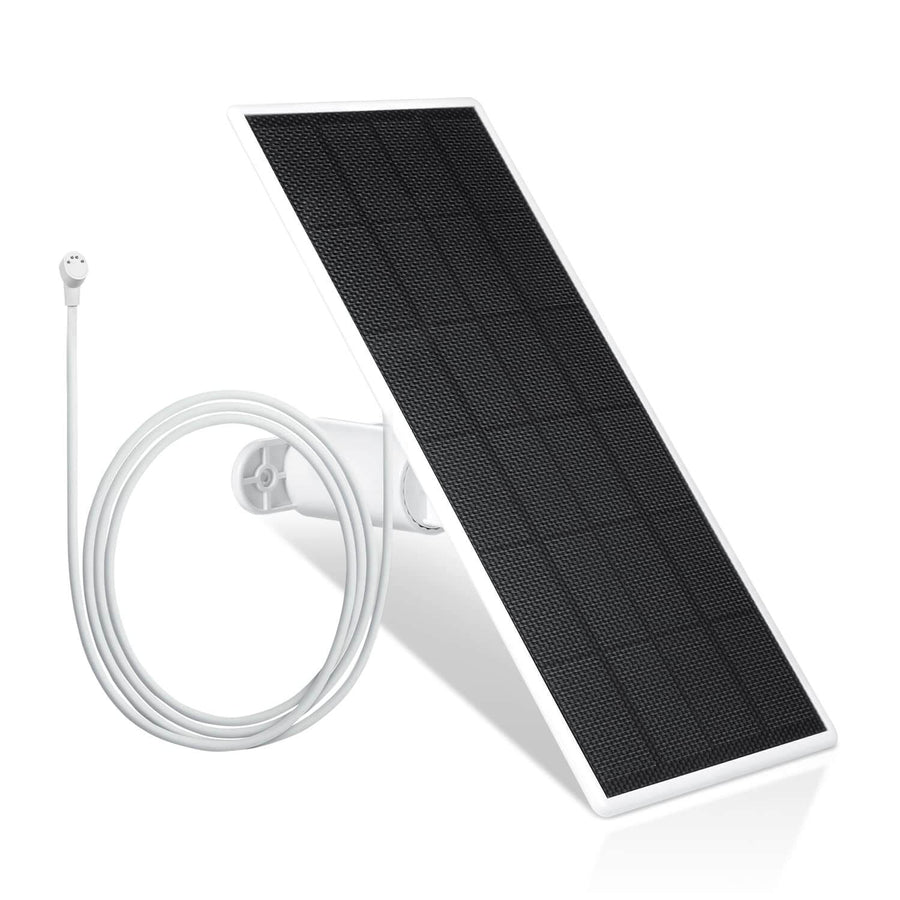
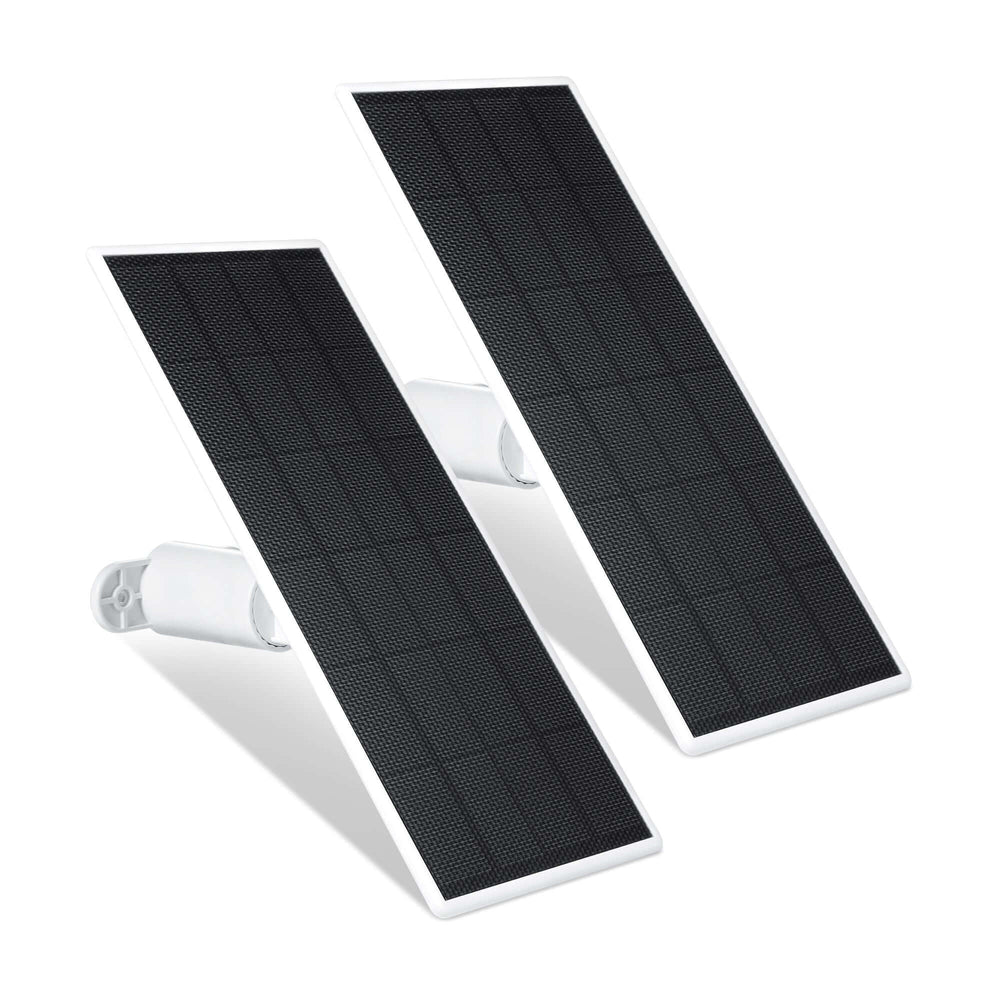
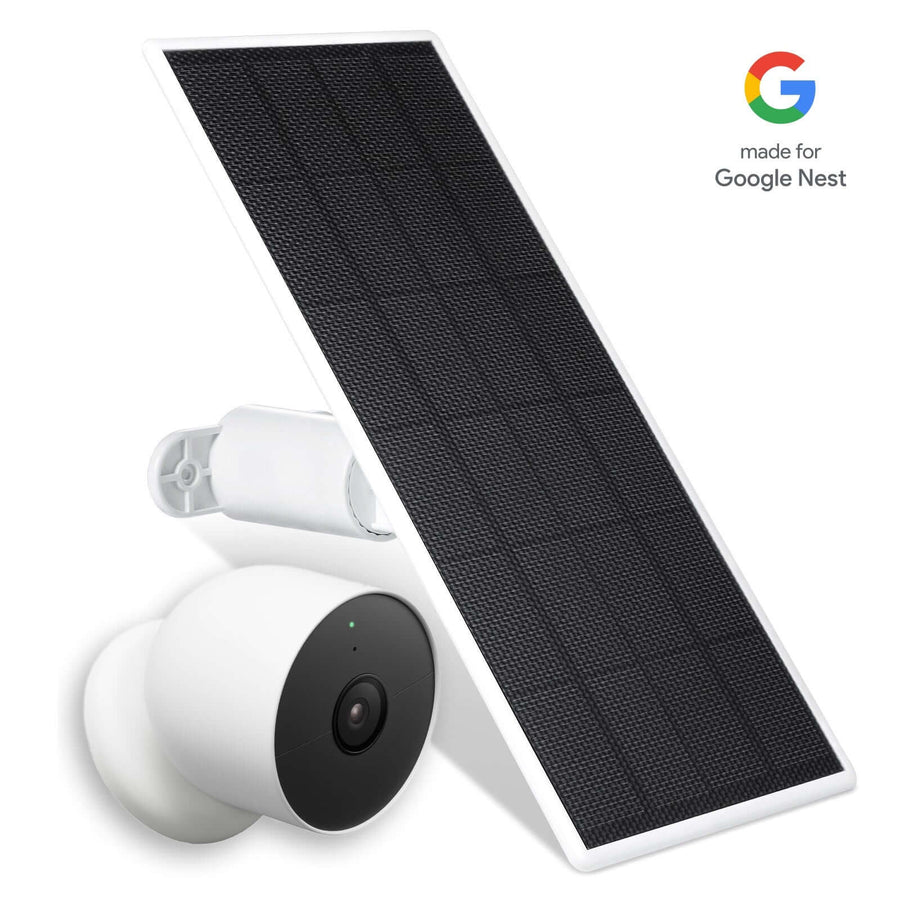
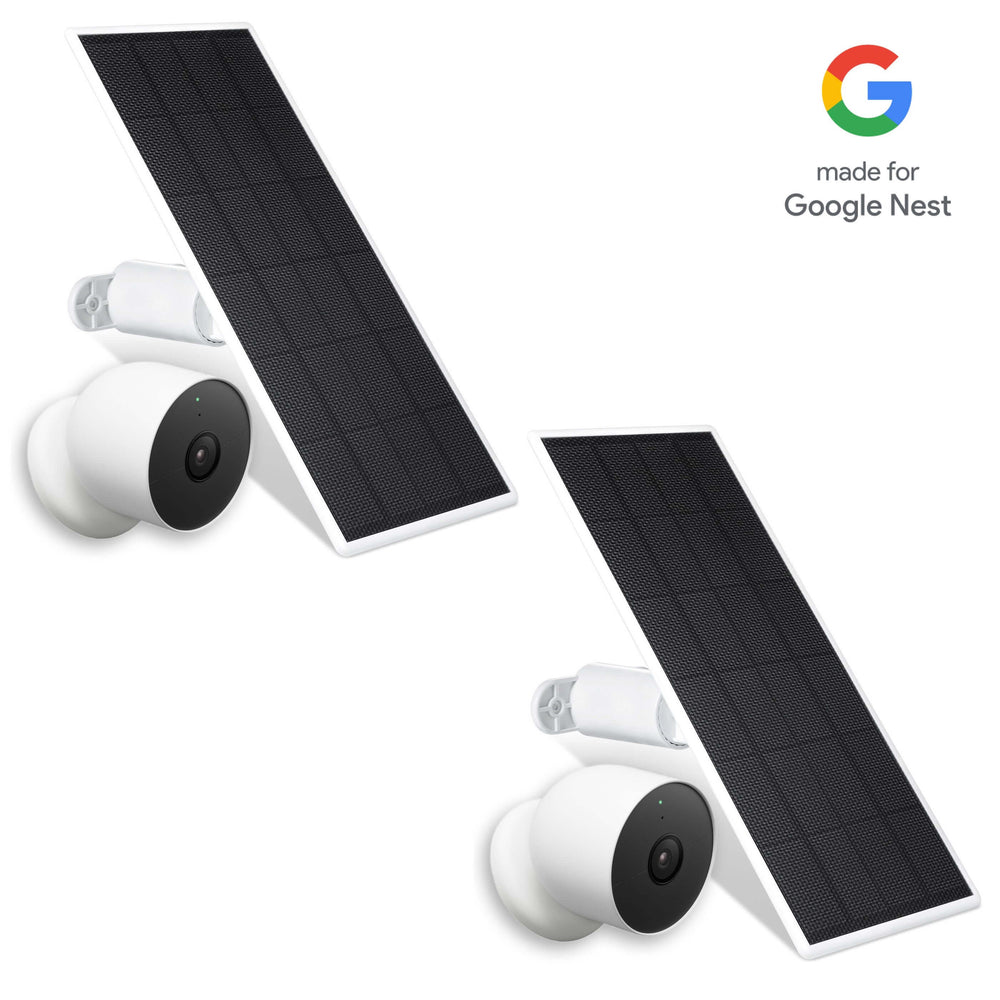
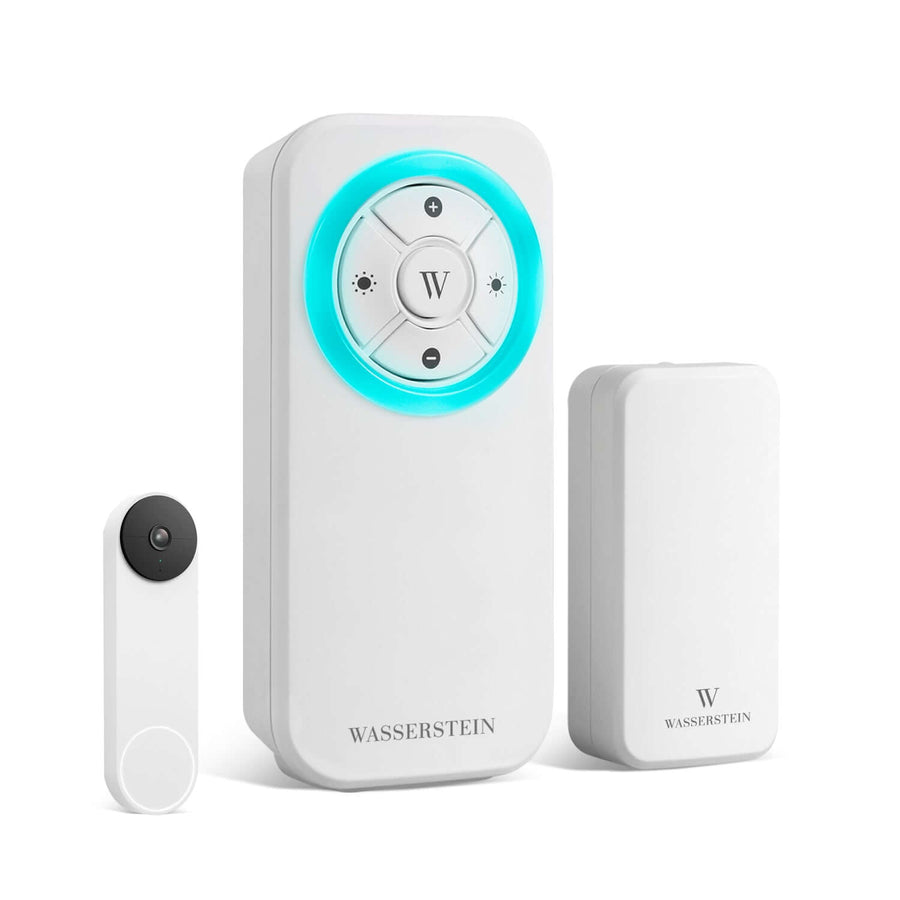
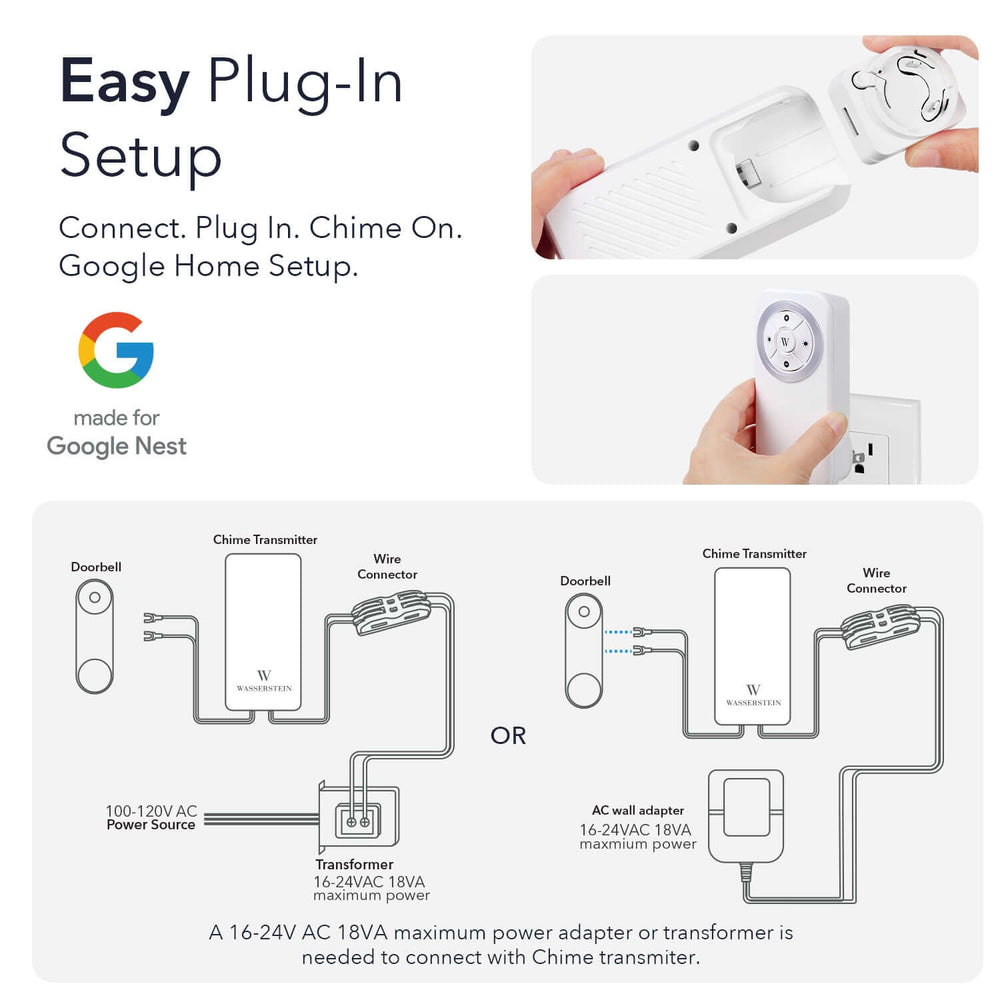
Leave a comment